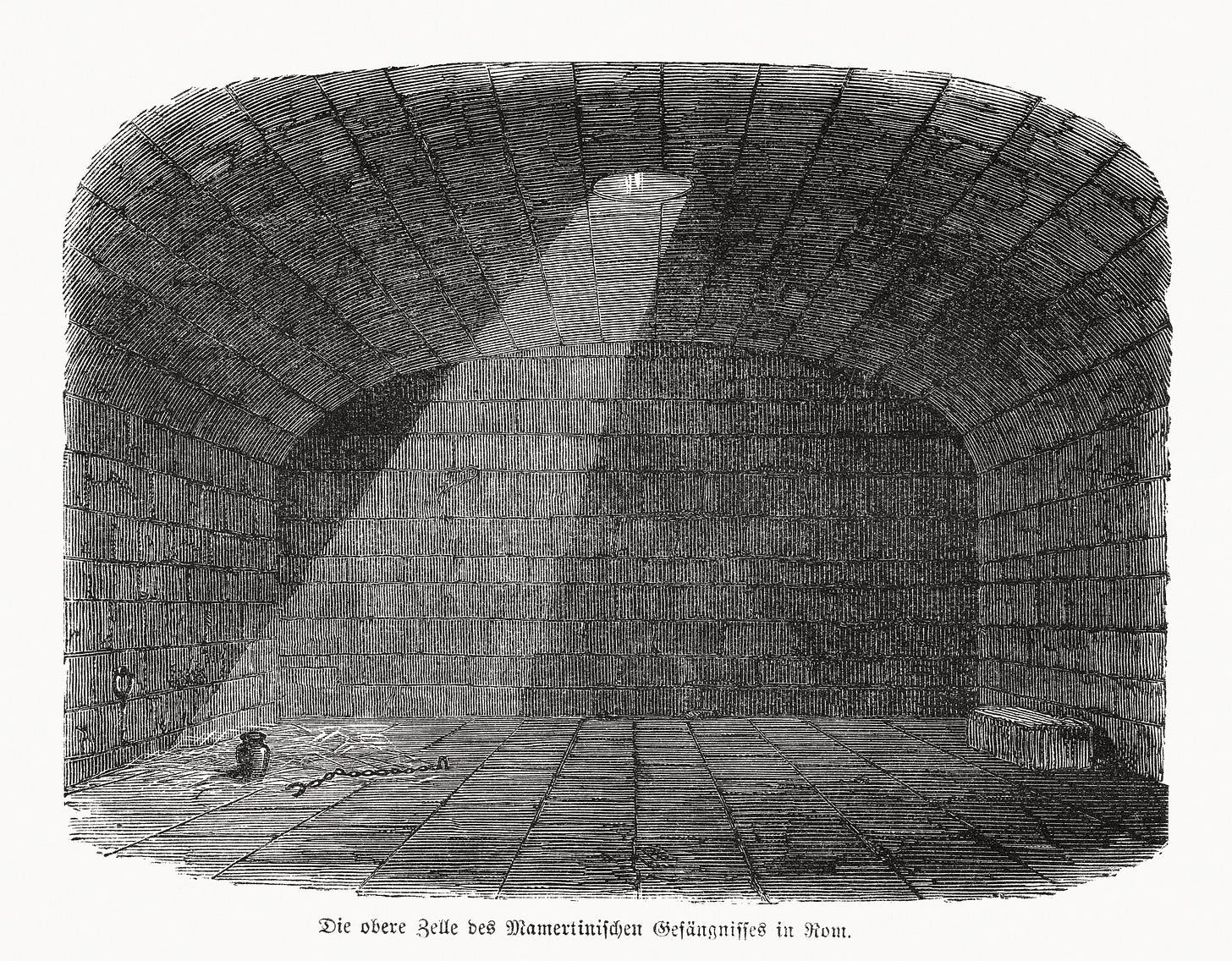Science Fictions links for June 2024
Lock them up! Fraudulent scientists, that is
I have posted
the links
that are about
scientific integrity
and which
you had possibly
missed
during June
Forgive me
they are depressing
so grim
but so important
The links
I’ve long argued that we need much more serious punishment for scientific frauds. So I was very pleased to see Chris Said arguing “the case for criminalising scientific misconduct”. If a fraudster fakes research on say, cancer, that’s not just wasting money and effort (bad as it is to waste money and effort). It’s also slowing down progress towards a cure, meaning a lot of life-years are lost to sufferers. Lock them up!
And as if on cue, a scientist has been charged with defrauding the US Government out of millions of dollars after an FBI investigation. Innocent until proven guilty of course, but it’s nice to see this kind of thing being taken seriously.
The largely bullshit field of “misinformation” research continues to take a very justified beating:
First, an article in Nature debunked three of the main beliefs of those who bang on about online misinformation (that the average person sees a lot of it; that it’s caused by algorithms, and that it causes polarisation);
Then, a prominent misinformation researcher who claimed that Meta put pressure on Harvard to fire her turns out to, perhaps, be spreading misinformation herself (described in a long article with a killer final section);
Then Matt Yglesias wrote a great article about how the studies tend to focus only on one narrow type of misinformation anyway;
Then, after the Trump-Biden debate this month, one of the most clownish adherents of the “misinformation” worldview descended into self-parody. These people are very silly and they deserve far more scrutiny!
Another month, another major Alzheimer’s paper retracted for doctored images. This one was in Nature.
Incidentally, this will be great: Charles Piller, whose top-tier investigative journalism helped expose loads of fake Alzheimer’s research, has a book on the topic coming out next year.
Talking about Nature retractions: here’s a stem cell paper that was published in Nature in 2002, had its integrity questioned in 2007, went on to be cited more than 4,400 times… and was only retracted in 2024. “This is fine”, as they say.
Fake scientific images made by generative AI that can’t be detected as fake. This gave me that horrible “game over” feeling.
My friend Ruben looks into more of the papers cited by Jonathan Haidt in his Anxious Generation book, and finds them wanting.
Same again, in a second thread.
Professional org for trans healthcare commissions independent researchers to do a review of the evidence… and then won’t let them do their research without interference.
Usually questions in article headlines are automatically answered with “no” - but here’s a rare exception. “Is science’s dominant funding model broken?”
A big bust-up over a study that claimed that educational programmes in prison can reduce offending. The original debate is about whether the effect is causal, but Andrew Gelman adds to it, pointing out the uncertainty about the magnitude of the effect, too (it’s what he calls a “Type M error”).
The “emotional dot probe” task is very commonly used in clinical psychology research, especially in people with anxiety. Turns out… well, you can probably guess how it turns out.
Eternal sunshine of the… terrible study?
A re-analysis of some of the work underlying the idea of “superforecasters” - people who are extremely good at predicting future events. A study from a decade ago appeared to find some of the reasons for why they were so capable - but this new analysis finds the whole thing to be a lot muddier.
Good news, for a change: Stuart Buck from the Good Science Project writes about some important changes that are being suggested at the National Institutes for Health in the US (a major government research funder) that might make its funded research more reliable.
We’ve all at some point written “casual” when we meant “causal”. But how many of us have left the typo in a published paper? Oh. Quite a lot of us.
P.S. The Studies Show
My favourite episode of the podcast from the last month is the paid one, on Viagra. Every other podcast seemed to be advertising mail-order penis pills, but we thought we’d do an episode on the science behind them. See also episodes on peanut allergy, addiction, and forensics.
Image credit: Getty.



My concern about locking fraudsters up is that it will be abused for political reasons. People may claim that controversial research areas are a type of fraud and they may want to prosecute the people who work within that field.
Superforecasting: AFAIK, time travel has been the only thing shown to work consistently